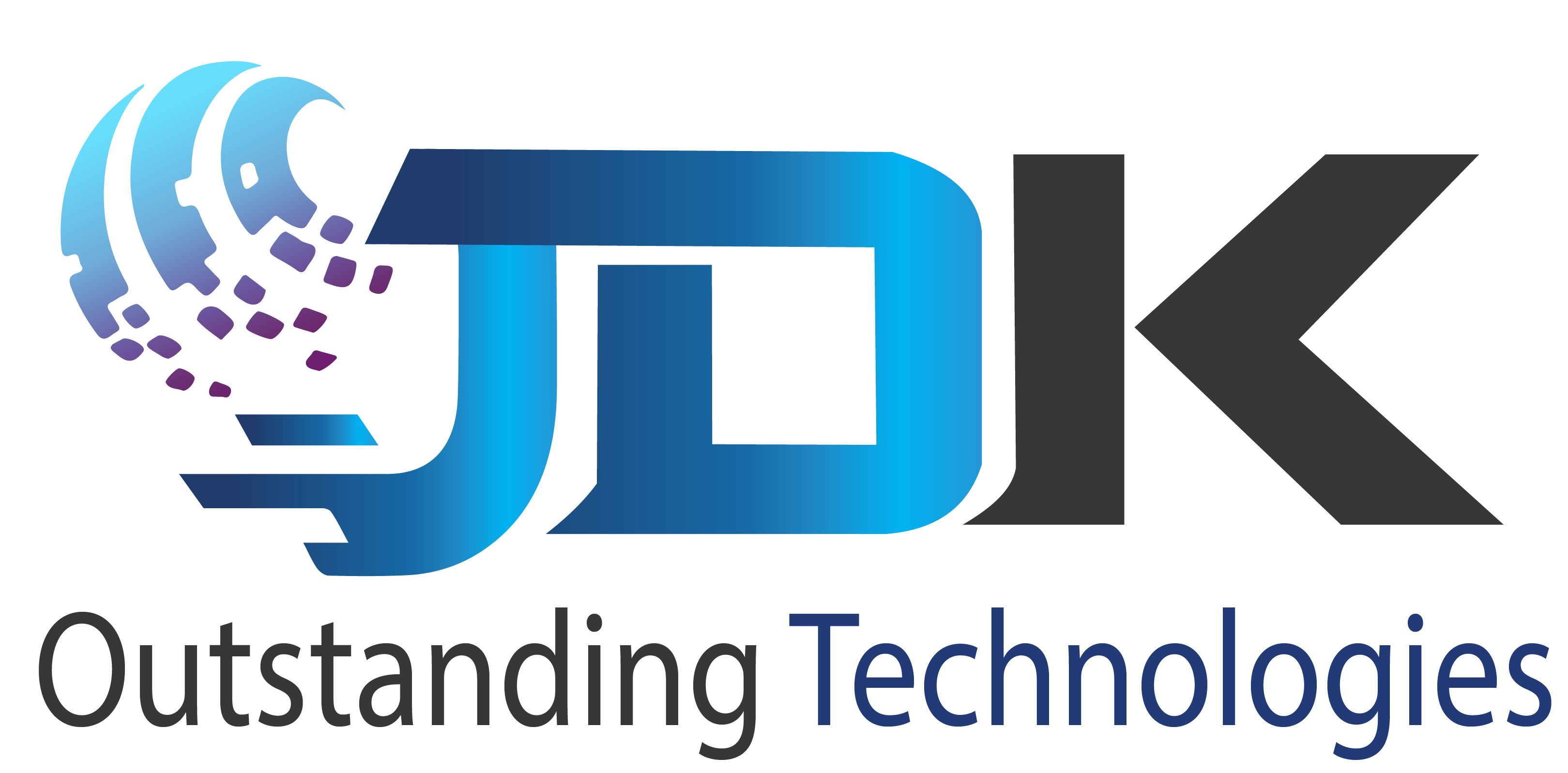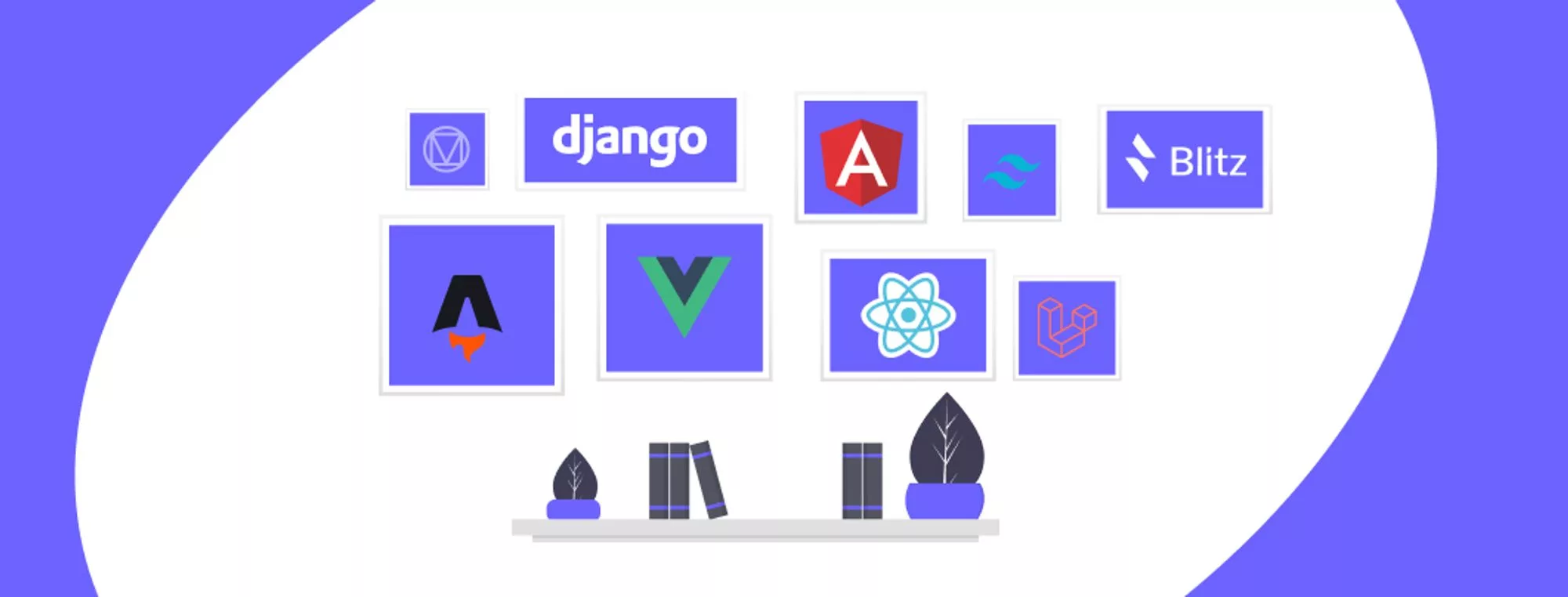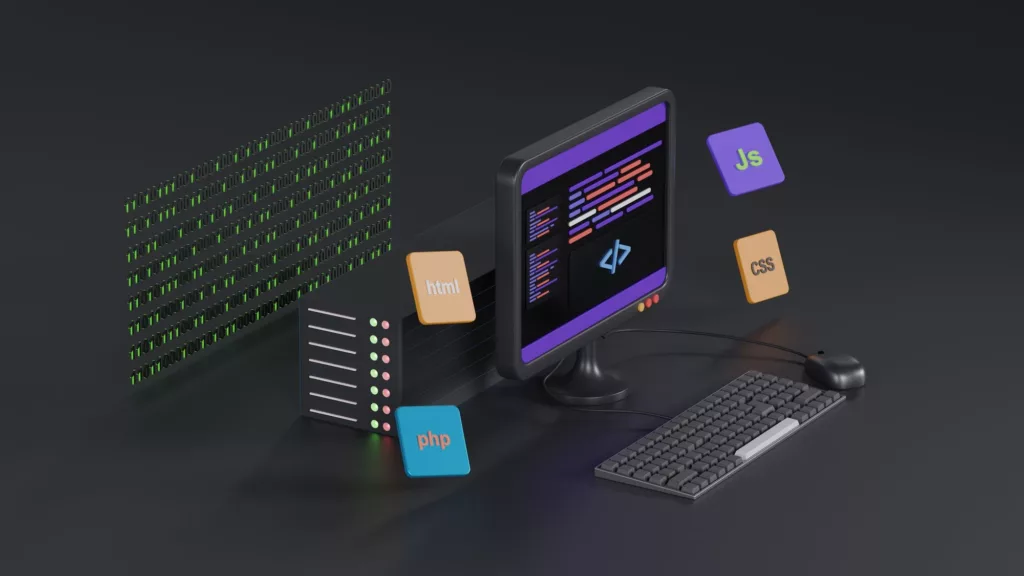What is a Web Framework?
A Framework is a set of tools, libraries, and design patterns that provide a structure to develop software applications in a more efficient way. The frameworks generally offer functionalities and components, like routing, ORMs, session handles, authentication, visual templates, and more. Using these functions developers will save time having to develop all that code from scratch.
We need to know that there are also concepts such as microframeworks and meta-frameworks.
Microframeworks have the same idea as frameworks with the difference that it offers the most basic features and functionalities to build a web application, microframeworks are ideal for small and simple apps, where the objective is good performance and a minimal load.
Meta-frameworks are frameworks of frameworks, which means that use a framework and a programing language as a core but allows integrations with other libraries and frameworks, its of the used by start-ups as a solution to have all the tools already integrated.
There are several popular frameworks for each programing language you can have an idea of the amount of them in this comparison of serve side web frameworks article.
Frameworks by porpuses.
Also, it’s possible to divide the frameworks by different purposes as User Interface Frameworks, Frontend Frameworks, and Backend Frameworks.
User interface framework These frameworks have the objective to help us with the stylization in order to build professional and good-looking websites. Includes tools such as grid system, color schemes, UI components, and more utilities to customize our websites.
Some of the UI Frameworks are Bootstrap, Material Design, Foundation, Tailwind, and many others.
Frontend frameworks are almost always written in Javascript with the purpose of offering tools that help developers build the UI/UX of a website, and organize the functionality and interactivity of your web apps.
There are several popular frontend frameworks such as Vue, Angular, React, Ember, Svelte, Astro, and many others.
Backend frameworks are written in a variety of programming languages and have a wide range of features. This type of framework allows work with databases and the code that interacts with them, so has the objective to provide server-side code efficiency, caching, and load balancing.
We have a lot more varied options for backend frameworks some very popular are Spring MVC, Django, Laravel, Ruby on Rails, Express, and many others.
Overall, using frameworks will level up the development process in aspects such as efficiency, consistency, productivity, scalability, security, community support, future-proofing, ecosystem, and integrations.
Choosing the correct Framework will depend on your requirements, so that will give you an idea of the main purpose and the features that you need for your project also analyze the appearance that you want to achieve and the size of your project.




